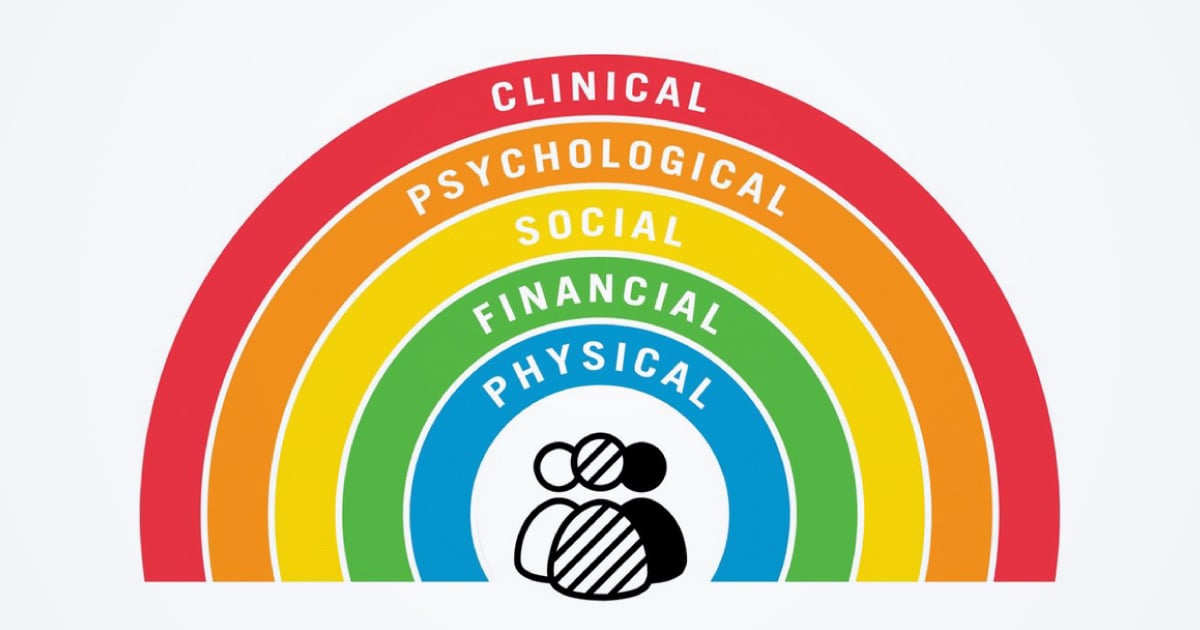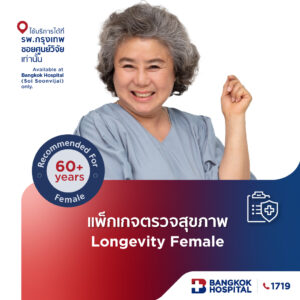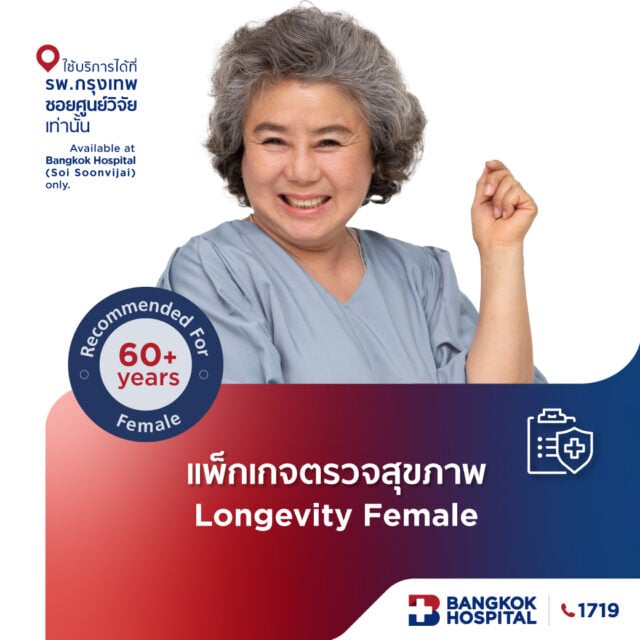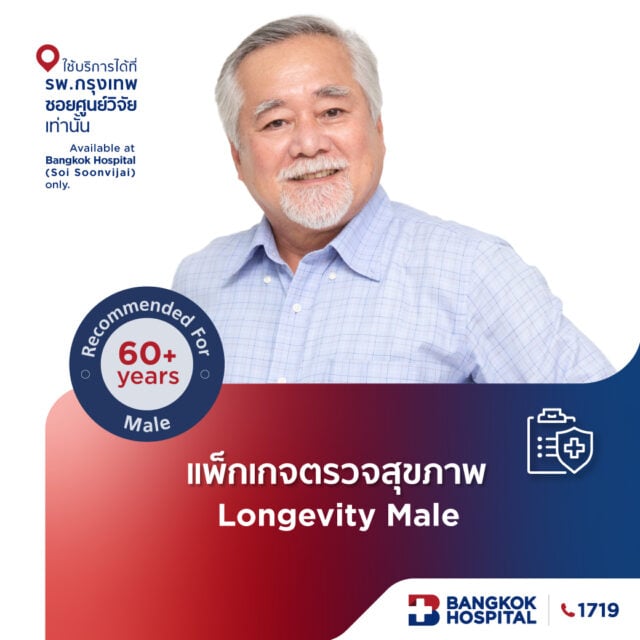As the body ages, changes occur and health problems increase, leading to the need for a diverse range of medications, prescriptions from multiple doctors, or long-term medication use. However, the body’s absorption of medicines slows, or there might be drug interactions that can harm the body. Therefore, proper medication adjustment for the elderly is crucial and should be closely guided by a doctor to ensure a good quality of life for them.
What is medication adjustment in the elderly?
Medication adjustment in the elderly (Deprescribing) is the strategic reduction of potentially harmful, inappropriate, ineffective, or unnecessary medication for the elderly. This process is assessed and advised by specialized physicians to ensure the right type and amount of medication is administered, gradually adjusted to minimize the risk of adverse effects, thereby reducing health impacts and promoting long-term quality of life.

Goals of medication adjustment in the elderly
- Improve the quality of life for the elderly
- Reduce the risk of abnormal syndromes in the elderly
- Address adverse drug reactions
- Enhance long-term quality of life

What is the Rainbow Concept for Deprescribing in the Elderly?
The Rainbow Concept for Deprescribing in the Elderly (Deprescribing Rainbow) uses a rainbow as a symbol representing the multidimensional aspects to consider for safely and effectively reducing or stopping medication in the elderly. It consists of:
Clinical (Clinical Dimension – Red)
- Benefits of the medication compared to possible risks
- Expected time to see results
- Symptoms experienced by the patient
- Prognosis of the patient
- Ethical considerations
Psychological (Psychological Dimension – Orange)
- Cognitive functioning
- Patient beliefs and attitudes about medication and illness
- Patient decision-making ability
- Patient mental health issues
Social (Social Dimension – Yellow)
- Support from family and caregivers
- Impact of medication on daily life
- Patient’s social context
Financial (Financial Dimension – Green)
- Health insurance
- Cost of drugs and treatment
- Available resources
Physical (Physical Dimension – Blue)
- Patient’s ability to use medication, such as swallowing pills
- Overall health condition
- Risks from medication side effects
Deprescribing Rainbow is a concept that helps specialists consider all dimensions to reduce or stop medication in elderly patients using rainbow colors to represent each dimension, ensuring a safe and maximally beneficial deprescribing process.

How to reduce medication prescribing in the elderly
- Reactive Deprescribing (Reactive Deprescribing) Reduce or stop the use of medication after an adverse effect has occurred.
- Proactive Deprescribing (Proactive Deprescribing) Regularly review medication lists to prevent adverse drug reactions before they occur.
Principles of medication use in the elderly
- All medications taken by the elderly must be prescribed by a doctor.
- Medications should be started at a low dose and gradually increased as advised by the doctor.
- If you forget to take a dose, skip that dose and take the next dose at the usual time.
- Be cautious with medications affecting the brain, such as sleeping pills, antidepressants, and cardiovascular medications.
- Consult a doctor before using any medications other than those prescribed.
- Report any medication allergies or problems to a doctor immediately.
How to assess medication cessation
Specialist physicians will assess the feasibility of stopping medications in the elderly including:
- Benefits of medication use in the elderly Review indications Have diseases or symptoms been properly diagnosed?
- Risks of medication use in the elderly Review benefits obtained from the medication Must not be harmful to the body
- Necessity of medication use Including symptom relief, disease treatment, and disease prevention
In some cases where a doctor decides to stop medication immediately, certain drugs might cause withdrawal symptoms. Gradually reducing the medication is required, and monitoring for withdrawal symptoms until medications can be stopped safely.
Doctors specialized in elderly medication care
Dr. Pannida Wattanapanom, a specialist in elderly care, at the Bangkok Regenerative Medicine Center, Bangkok Hospital.
You can click here to make an appointment yourself.
Hospitals specialized in elderly medication care
Bangkok Regenerative Medicine Center, Bangkok Hospital, is ready to provide appropriate medication adjustment for the elderly by specialized doctors accompanied by a team of nurses and interdisciplinary professionals for close guidance, aiming for long-term quality of life for the elderly.











